Iran, Apr 12 (V7N) –Iran and the United States are planning to launch talks today on Iran's contentious nuclear program.
The Iranian government said Foreign Minister Abbas Araghchi will hold indirect talks with the US special envoy for the Middle East, Steve Witkoff, in Oman.
Iranian President Masoud Pezeshkian confirmed the Islamic Republic was willing to attempt a deal with the Trump administration.
"The leader said that we are ready to negotiate, but not in direct negotiations because we do not trust them," Pezeshkian said, referring to Iran's Supreme Leader Ayatollah Ali Khamenei. The country's most senior cleric also has the final say on the Iran's foreign and security policy.
The Iranian president noted that Khamenei had no objections to American investors doing business in the country.
"We oppose their flawed policies, such as conspiracies and attempts at regime change," Pezeshkian said.
Iranian media have reported that Oman's Foreign Minister Sayyid Badr Albusaidi will also take part in the negotiations.
Direct or indirect talks?
While Iran insists the talks are indirect, US President Donald Trumpsaid the two sides will negotiate directly.
Trump is seeking a new agreement to restrict Tehran's nuclear program and is dispatching his long-time friend and Middle East envoy, Witkoff, to secure the deal.
The Iranian leadership has authorized Foreign Minister Araghchi to drive forward diplomatic engagement with the US, said Mostafa Najafi, a Tehran-based expert on Iran's international relations and security strategies.
According to Najafi, the upcoming talks will be shaped by divergent perceptions and expectations in Tehran and Washington, and not by the question of whether they are being held directly or indirectly.
"Iran wants the talks to focus on the nuclear program. President Trump, on the other hand, has written to Tehran calling not only for the dismantling of nuclear and ballistic capabilities, but also for Iran to abandon its regional policy. These demands are far removed from Tehran's expectations," Najafi told DW.
"If the US wants to enforce maximum expectations as part of its policy of 'maximum pressure,' the negotiations are unlikely to lead to a conclusion and will lead to a dead end. Iran is neither prepared to give up its nuclear program completely nor to negotiate on its missile program," he added.
Trump sent a letter to Khamenei in March urging him to resume nuclear negotiations and warning of possible military action if Iran refuses.
Tehran responded weeks later. The contents of their exchanges were not made public. Trump said on Monday that Iran would be in "great danger” if the talks failed.
In an interview with the US broadcaster NBC at the end of last month, Trump went even further and said: "If they don't make a deal, there will be bombing … It will be bombing the likes of which they have never seen before."
Contradictory signals?
US National Security Advisor Mike Waltz told CBS News in March that the Trump administration was seeking a "full dismantlement" of Iran's nuclear program. But the White House and the State Department have so far been tight-lipped concerning details about the planned talks in Oman.
"On Saturday, there's a meeting. There's no negotiations," State Department spokeswoman Tammy Bruce told reporters on Tuesday.
For some Republican senators, and foreign leaders like Israeli Prime Minister Benjamin Netanyahu, the dismantlement means Iran would be expected to emulate the example of Libya.
In 2003, Libya, under dictator Moammar Gadhafi, decided to completely abandon its nuclear program, including plans to develop weapons of mass destruction, in exchange for the lifting of all international sanctions. Libya is regarded by many as a positive example of peaceful disarmament.
However, Iran sees the case of Libya more as a warning, since Gaddafi was overthrown and killed in 2011, during the course of the Arab Spring and following Western intervention.
Trump's envoy Witkoff seems to take a different, more diplomatic, position than Waltz on Iran.
Talking about Trump's letter to Khamenei, Witkoff said Trump suggested a verification program to ensure that Iran is not advancing its nuclear program for military purposes.
"We should create a verification program so that nobody worries about weaponization of your nuclear material," the US envoy said, referring to Iran.
Still no nuclear bomb
Israel, meanwhile, views the Iranian nuclear program as a threat to its existence. The Iranian leadership does not recognize Israel and regularly threatens to destroy it.
"A good deal must guarantee Israel's security," said Arman Mahmoudian, a lecturer in Middle East studies at the University of South Florida.
Tehran officially insists that its nuclear program is solely for peaceful purposes, but the International Atomic Energy Agency (IAEA) remains concerned.
According to IAEA chief Rafael Grossi, Iran is enriching uranium in higher concentrations than is the case in all other non-nuclear weapons states.
Also, Iran's Foreign Minister Araghchi has signaled that the country could fundamentally rethink its stance on nuclear weapons if external pressure continues to grow.
Although the Islamic Republic possesses the necessary know-how to produce nuclear weapons, Araghchi said, it has so far refrained from developing them.
"The negotiations must be conducted in such a way that it hinders Iran's ability to build nuclear weapons," said US-based Iran expert Mahmoudian, adding: "President Trump has emphasized several times in recent weeks that Iran must not be allowed to acquire nuclear bombs. There could be a technical solution to this."
Mahmoudian believes the negotiations will not be easy. The Iranians strongly suspect that the talks will not lead to the lifting of sanctions, he said, adding that they want the US to guarantee that the sanctions will be lifted permanently.
In 2015, Iran and several world powers, including the US, reached an agreement aimed at curtailing Tehran's nuclear ambitions.
As part of the deal, Iran pledged to significantly restrict uranium enrichment and other activities.
But in 2018, Trump, during his first presidential term, unilaterally withdrew the US from the accord and reimposed sanctions on Tehran.
In response, Iran also began to move away from its nuclear-related commitments and is now considered to be much closer to building a nuclear bomb than ever before.
END/MSS/AJ



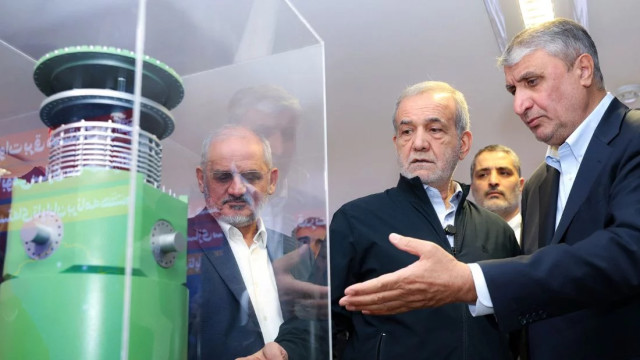
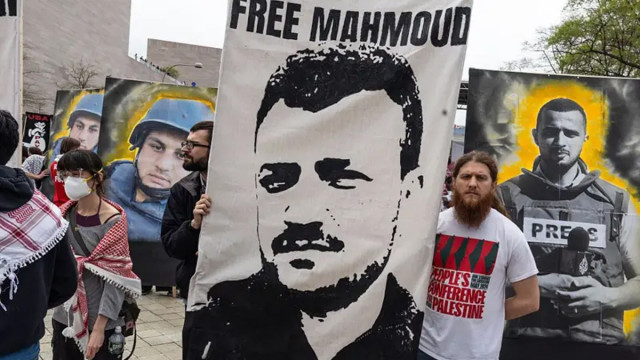
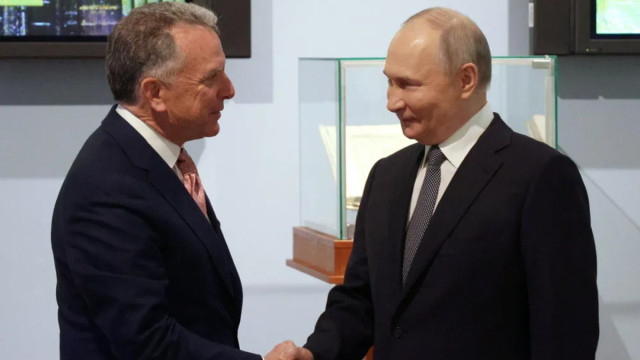
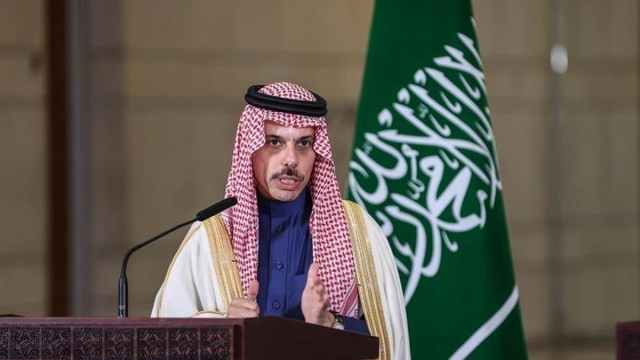
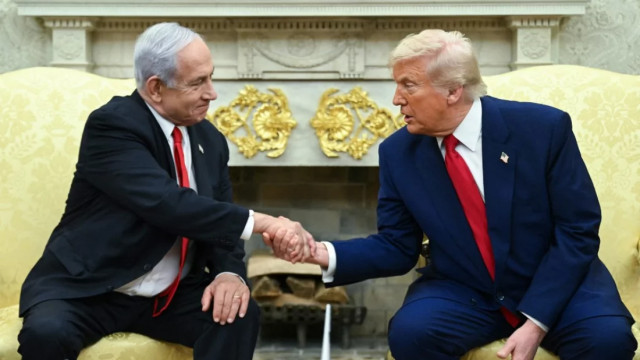
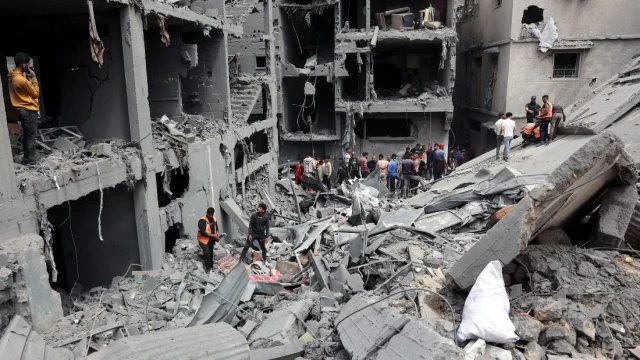
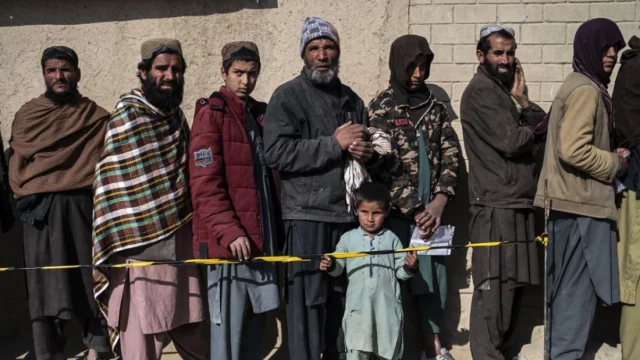
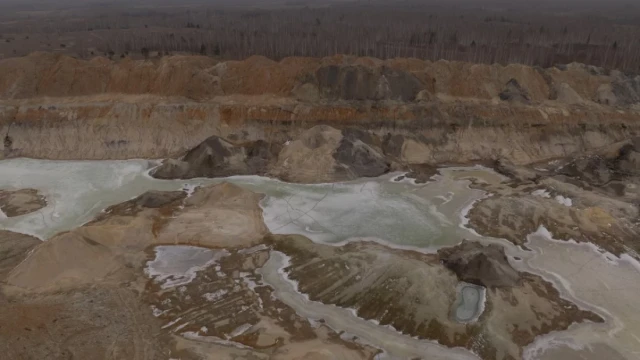
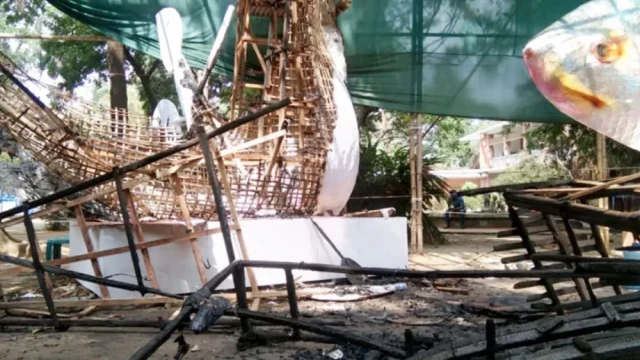
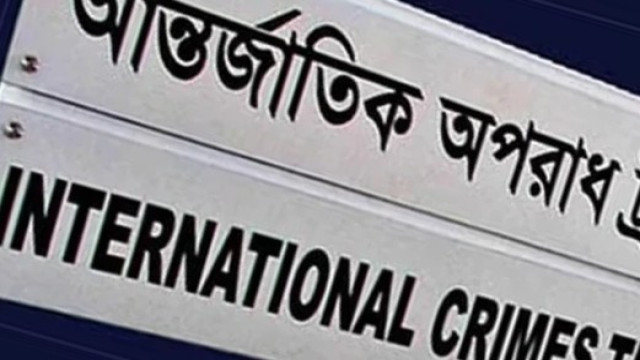
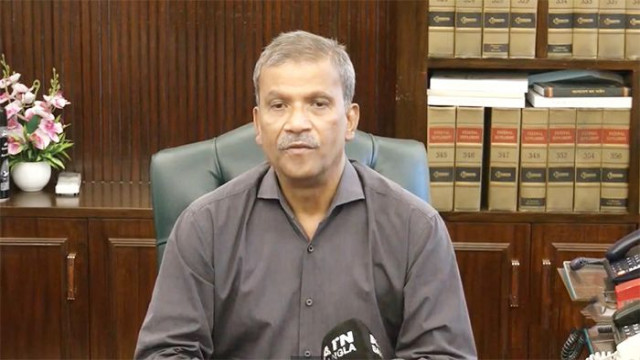



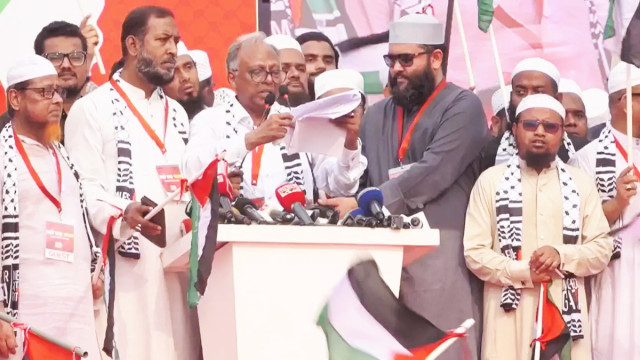





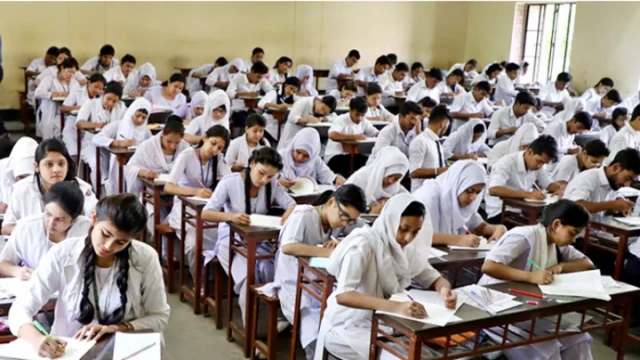


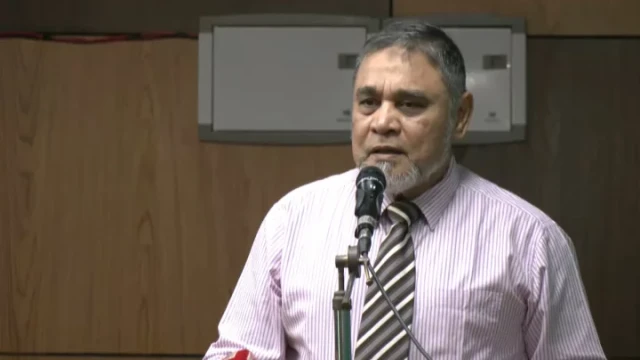

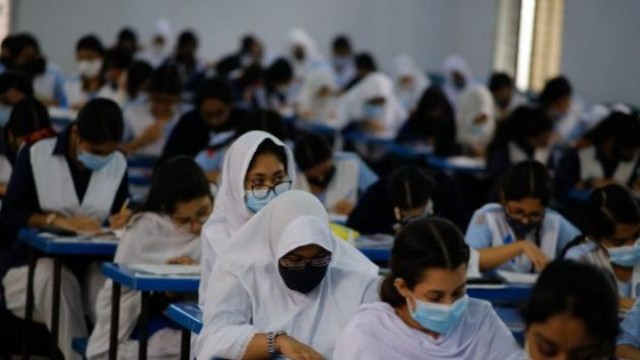
Comment: